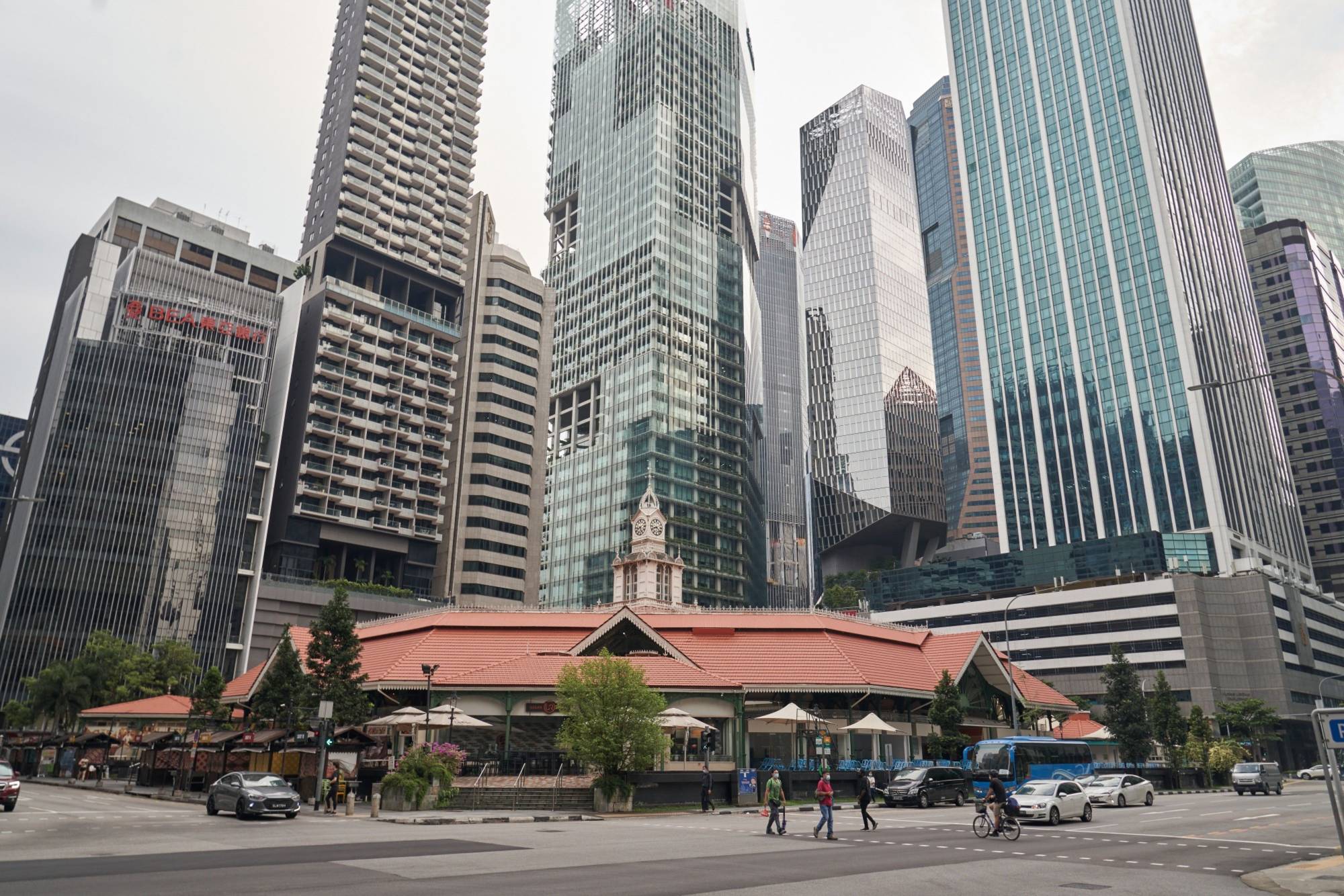When it comes to staying attractive to the rich, Asia’s two rival financial centers have always tried to played their tax policies against each other.
Hong Kong abolished its estate duty in 2006; Singapore followed suit in 2008. And after Singapore made a play for large family offices, Hong Kong, which boasts the highest population of uber-wealthy after New York, started looking at its own tax code to see where it could do better.
But now Singapore wants to take a different path. It won’t be a sharp left turn, but some kind of tax on capital may make its debut — perhaps as early as next year’s budget. "You tax consumption, you tax income, you tax savings. And you should tax wealth, whether wealth in the form of property, ideally wealth in other forms,” Singapore Prime Minister Lee Hsien Loong said in a recent interview with Bloomberg’s Editor-in-chief John Micklethwait, adding that effective taxation of other forms of wealth is "not so easy to implement.”


















With your current subscription plan you can comment on stories. However, before writing your first comment, please create a display name in the Profile section of your subscriber account page.